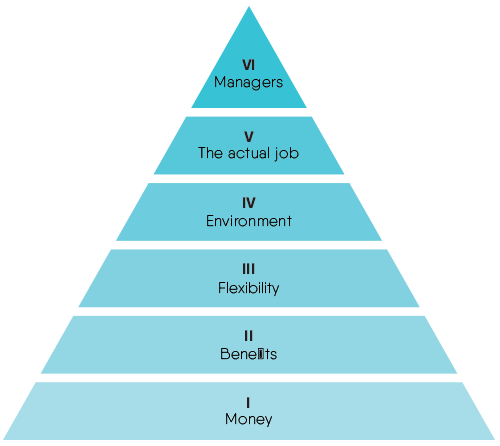Spoke at Saba’s Insight conference this week on How You to Get Your HR Metrics to Connect with Your Executives, and a really great question came up from the audience, and it was foundational.
This HR Pro was like, “Hey, Tim, great information, but how do we even get from doing traditional reporting of metrics to leveling up and providing business intelligence?” Great question, my talk was on how to get them to listen to modern metrics, not about why you should even be using them and how to get your organization to even want to go down this path.
So, on the fly, my answer was this:
The first step to great HR, and delivering great HR business intelligence, is you first have to have a great HR vision. What’s yours? I hope part of that vision is delivering the information the organization needs to be successful.
Oh wait, you don’t have an HR Vision? Okay, I get it, it’s not surprising, most don’t. You’ll have an organizational vision, but for me, great leadership is when you take the organizational vision and you bring it home to your own department and function in a very real way.
The organization’s vision is we are going to make the world a better place by delivering blah, blah, blah. Okay, nice! How will HR do that? That’s different from what the organization had to do, it’s very specific.
Great HR leadership, great HR execution, starts with a crystal clear understanding of what your HR Team stands for and how what you will do, relates back to helping the organization achieve its mission. It doesn’t mean you need to spend two months creating a vision. Ugh, be better than that. It will mean sitting down as a leader and deciding who you are, and it will mean sitting down with your team and deciding who they want to be.
You might find that some folks on the team don’t want to be what you want to be, and this could be a roadblock to you as an HR leader and your function to finding success as you define it.
It’s a really cool exercise to go through with your team, and go back each year and analyze your HR measures and determine if that vision is being reached, needs to be tweaked, etc. But, we all need that true north in terms of knowing where we are going and how we will get there.
Being an HR leader is tough, you have to walk the walk within the organization, drink the kool-aid, but you also have to do it internally within your own department, it doesn’t just magically happen. Oh, we’re all in HR, we get it. No, we don’t, we’re just like every other function. We need to know where we are going.
So, ask your team today, what’s our HR vision? Then sit back and see what comes back, you might be surprised!

 Level I – Money – cash!
Level I – Money – cash!